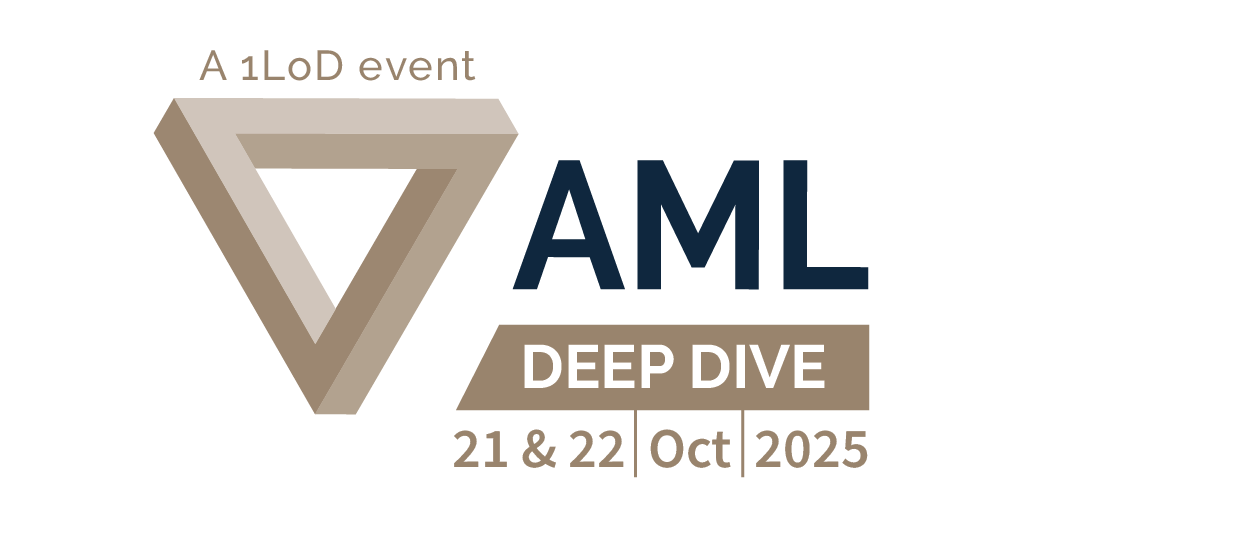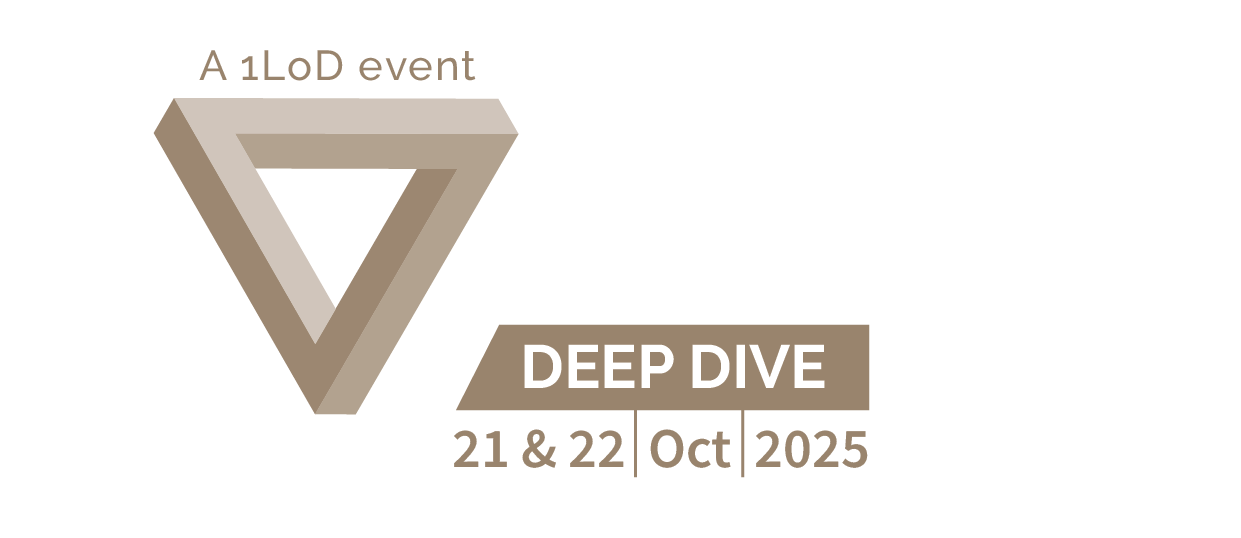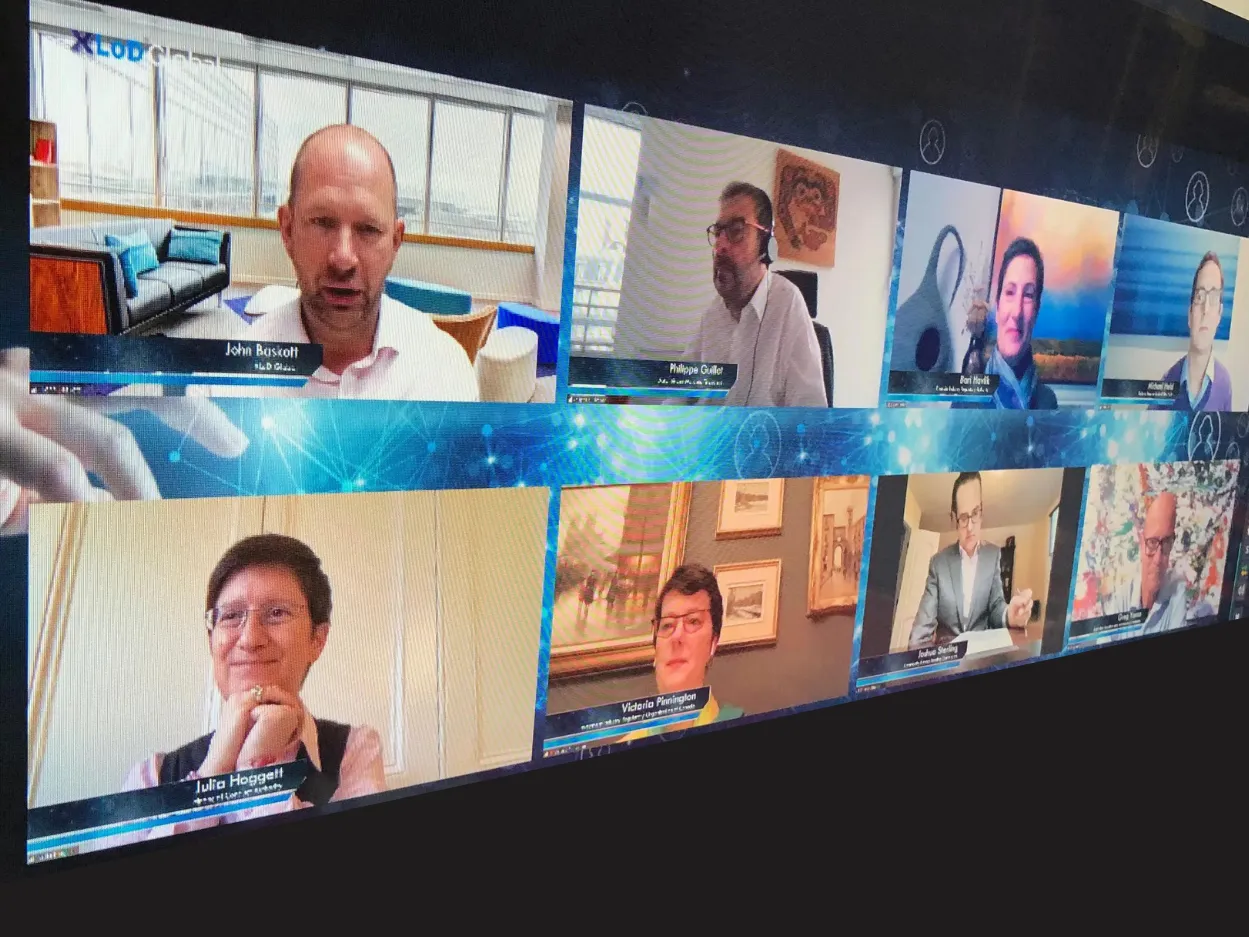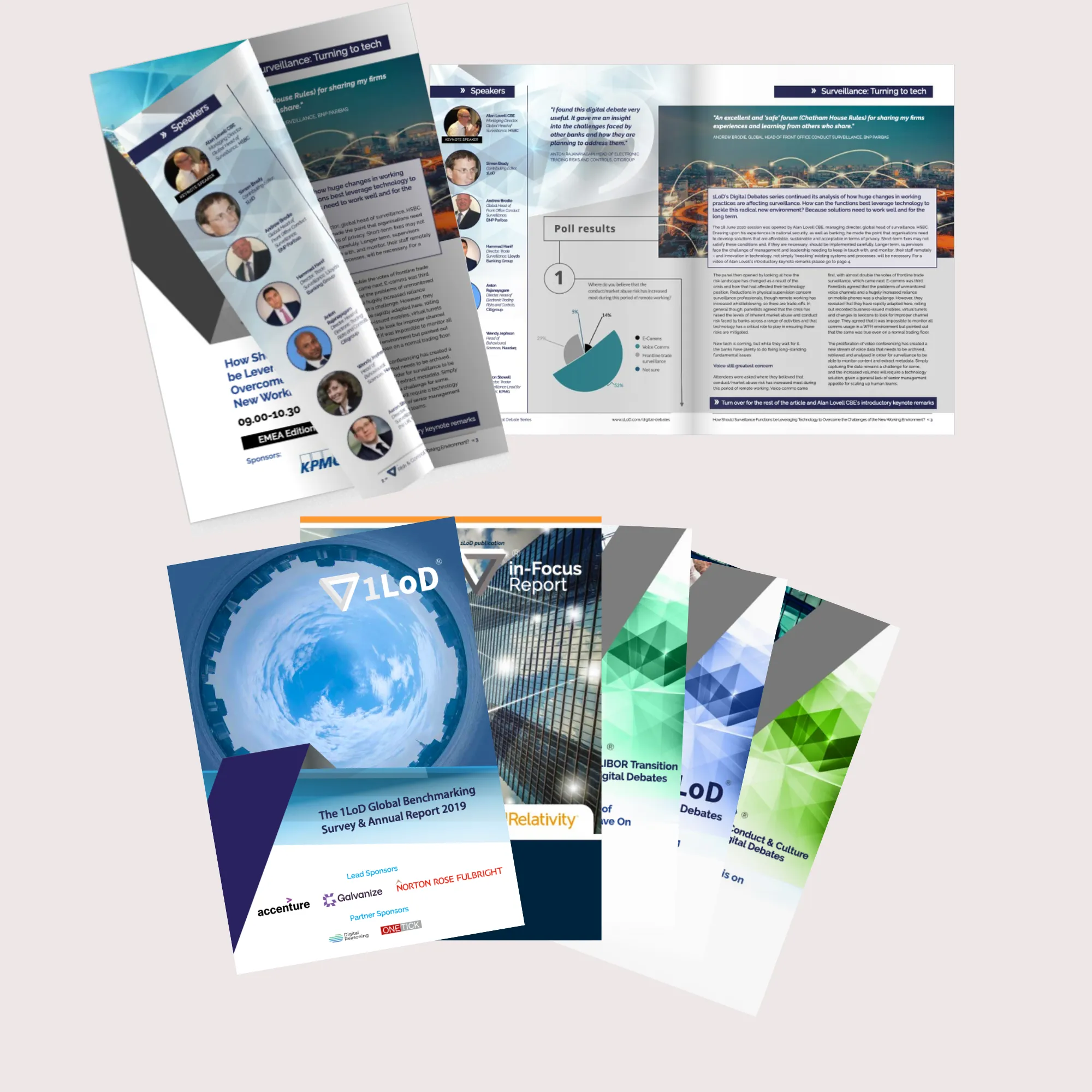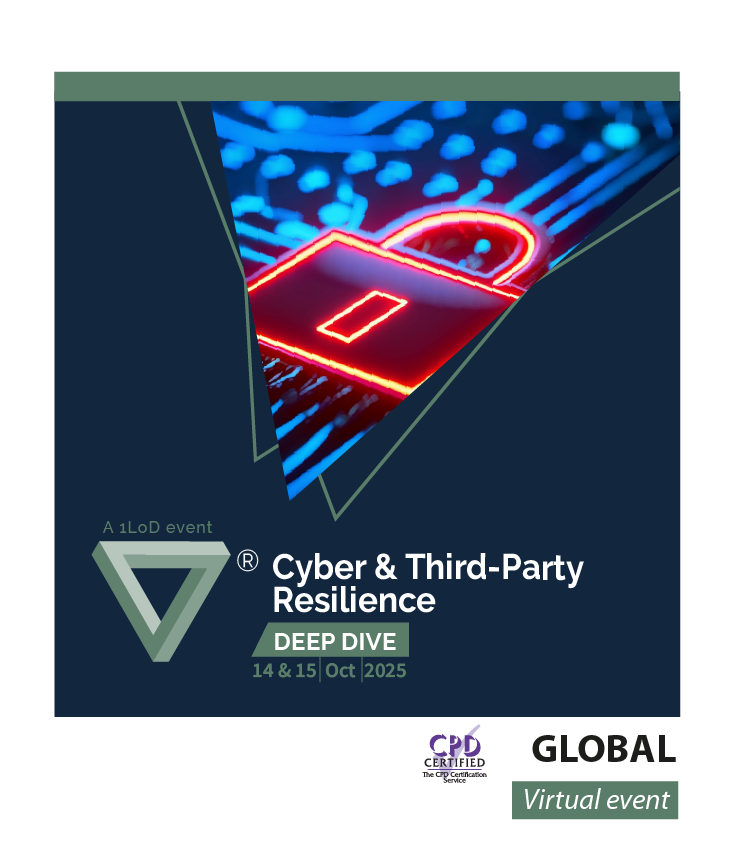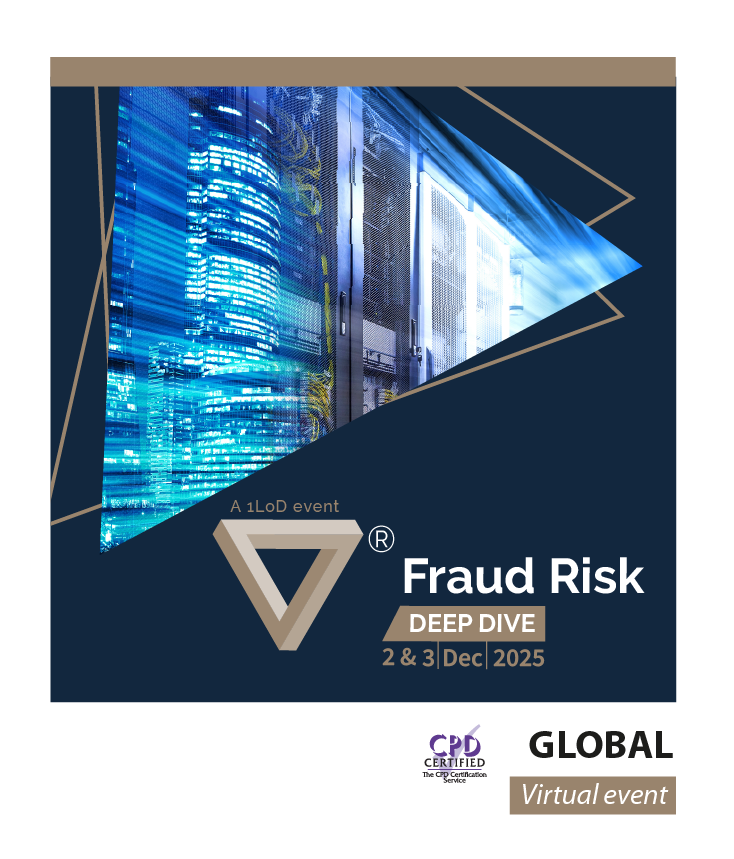Join the AML Deep Dive & Annual Report
As financial crime threats become more sophisticated, the pressure on Anti-Money Laundering (AML) functions continues to intensify. A 2025 report by the Financial Action Task Force (FATF) reinforced that financial institutions globally are still underperforming in effectively identifying and preventing complex illicit activity, particularly as criminals exploit real-time payments, digital assets and fragmented global sanctions regimes.
Today’s AML functions must balance evolving regulatory expectations, operational efficiency, technological innovation and enhanced client experiences. This is especially challenging as financial institutions navigate resource constraints, outdated risk models, and fragmented data landscapes. Enforcement actions and the development of new AML supervisory bodies, such as the EU’s Anti-Money Laundering Authority (AMLA), underscore the growing regulatory momentum toward stronger oversight, cross-border coordination, and greater accountability for AML failings.
Firms are now having to rethink how AML operates across all three lines of defence, shifting away from static, manual processes to embedding more proactive and intelligence-led strategies. There is a clear movement toward automation, more real-time insights, and explainable AI to improve detection, reduce false positives, and meet transparency expectations.
This year’s AML Deep Dive will bring together global leaders to tackle the sector’s most pressing issues from optimising AML operating models and workforce capabilities to managing complex sanctions and modernising monitoring across digitised wholesale payments. The agenda provides practical insights into how firms can future-proof their AML frameworks to keep pace with both innovation and intensifying regulatory focus.
Sponsors
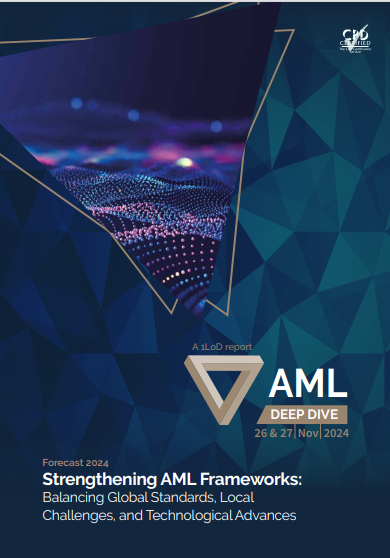
AML DEEP DIVE 2024: ANNUAL REPORT
The panel discussion began with an exploration of the challenges inherent in achieving consistency within a global AML framework. Participants acknowledged the tension between the need for harmonised standards and the practical reality of complying with jurisdiction-specific regulatory requirements.
How the Deep Dives and Annual Reports work
Join the Conversation
